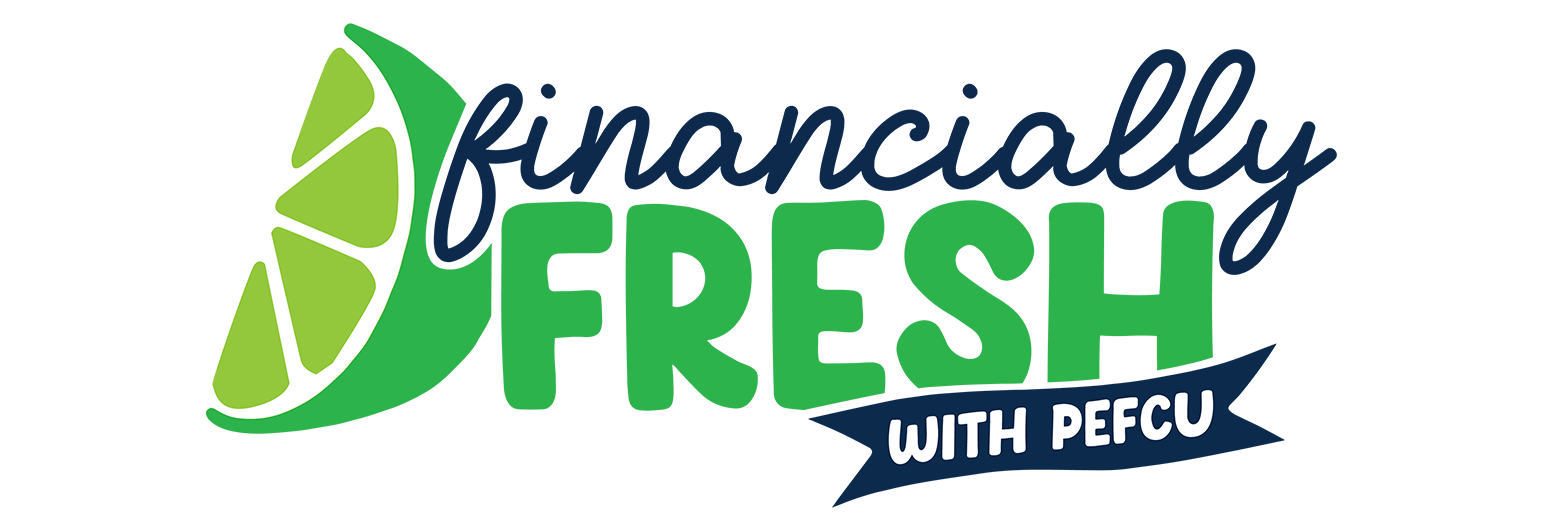May 1, 2023How the Credit Union Keeps Your Money Safe
Anytime there is news of a bank failure, it’s natural to be alarmed. For many, their minds immediately jump to the “too big to fail” bank debacles during the Great Recession. Others start to question whether their money is safe. Between the news headlines and mentions of the FDIC stepping in to cover potential losses, many begin to feel uneasy.
So, it leaves the questions “How safe is your money?” and “What steps does the credit union take to protect your funds?”
The short answer: Yes, every credit union member’s money is federally insured. But what sets credit unions apart is that they’re not actually banks.
What is a Credit Union?
On the outside, credit unions appear very similar to banks. They offer many of the same financial services, such as savings and checking accounts, auto loans, credit cards, and mortgages. However, they’re not banks.
Credit unions are not-for-profit financial cooperatives that are owned by their members. In short, that means:
- All the funds deposited by members are pooled together.
- The credit union then either invests that money or lends it to other members.
- The income generated covers operating expenses and is invested in new technologies and programs for members. Because credit unions are not-for-profit, any additional income earned is returned to the members through lower loan rates, higher savings yields, and lower or eliminated fees.
These differences provide many financial benefits for members, including how your money is protected.
Your Money is Federally Insured
You have probably heard of the FDIC (Federal Deposit Insurance Corporation). This is a government agency that regulates and provides insurance for banks across the nation. Likewise, credit unions are regulated by a different government agency, the National Credit Union Administration (NCUA).
Both the FDIC and NCUA provide insurance for depositors up to at least $250,000. The NCUA does this through the National Credit Union Share Insurance Fund (NCUSIF). Credit unions, utilizing their cooperative nature, pay premiums into this fund regularly.
If a credit union ever failed, these funds would be used to insure members’ accounts up to at least $250,000. No member of a federally insured credit union has ever lost a penny of insured savings.1
Stringent Regulations
While credit unions are financial cooperatives catering to their members, that doesn’t mean they can operate however they wish. The National Credit Union Administration sets regulations and oversees all federally insured credit unions.
Each credit union across the country will regularly undergo examinations by federal examiners to ensure they are operating safely and soundly. This includes reviewing their products and services, the types and quality of loans made to members, and the types of investments they can make.
Additionally, most credit unions hire outside firms to perform annual audits to ensure they’re financially strong, stable, and acting in their members’ best interest.
Member Owned
One of the most significant aspects pertaining to credit unions’ safety and soundness comes from being member owned. First, all members can have a say in how the credit union operates. Each member can cast their vote for the individuals they want to lead the credit union as members of the Board of Directors.
Furthermore, it means that outside pressures do not influence credit unions. Many recent bank failures have come because of these institutions trying to appease outside investors or stakeholders.
As not-for-profit institutions, credit unions don’t chase profits like other financial institutions. Nor are they tempted to deliver on Wall Street’s expectations. Instead, they operate more conservatively because they utilize members’ deposits and act on their behalf.
Community Focused
Unlike large, nationalized banks, credit unions operate more locally. This aspect allows credit unions to know their members more intimately and understand the challenges they face.
These tight-knit relationships enable the credit union to manage risk more effectively and respond more efficiently when members encounter community hardships, such as a natural disaster or layoffs at a large, local employer.
Takeaway
It’s never pleasant hearing about a financial institution failing. However, it’s also important to learn why and how this event occurred. Oftentimes, these institutions were chasing profits or acting in a manner that was out of the norm. For example, recent failures involved institutions that were heavily focused on tech startups and cryptocurrency-oriented companies.
As your credit union, the safety of members’ accounts and the soundness of our institution are paramount. In addition to members’ funds being insured up to at least $250,000, we work closely with federal and independent examiners to ensure the credit union operates in a fiscally responsible manner.
The credit union is entirely transparent with members regarding our operations. In each branch location, our latest NCUA-verified financial reports are posted for members to review.
We’re Here to Help!
Should you have any questions on how we protect your funds at the credit union, do not hesitate to contact us. Please feel free to stop by any of our branch locations or call 800-226-6673 to speak with a team member today.
1 https://ncua.gov/support-services/share-insurance-fund
Each individual’s financial situation is unique and readers are encouraged to contact PEFCU when seeking financial advice on the products and services discussed. This article is for educational purposes only; the authors assume no legal responsibility for the completeness or accuracy of the contents.



I am trying to sign up for paperless statements. Can you help me. I signed in but said not found but when I tried to open the account it said I was already signed up. Can you help me?
Please call our Member Contact Center at 1-800-226-6673 who can assist with eStatements.